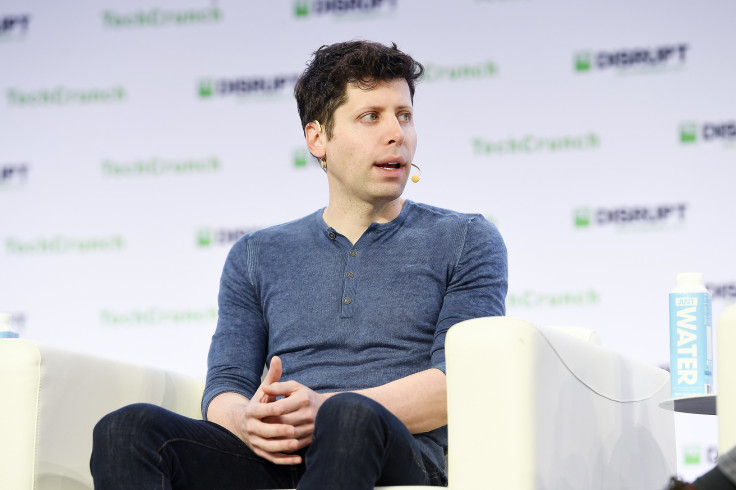Is Sam Altman Hiding Something? OpenAI CEO's Secret Role in Project NEOM Baffles Investigators
OpenAI CEO's suspected role in NEOM's digital strategy raises concerns over secrecy and geopolitical influence

Sam Altman, CEO of OpenAI and one of the most influential figures in artificial intelligence, is facing renewed scrutiny over his alleged involvement in Saudi Arabia's controversial NEOM initiative.
The futuristic megacity—a $500 billion (£375.80 billion) project backed by Crown Prince Mohammed bin Salman—has long attracted global attention for its ambition and secrecy.
Now, Altman's name has surfaced in connection with NEOM's advisory operations, raising questions about transparency and geopolitical entanglements.
While Altman's public engagements have focused on AI infrastructure and OpenAI's global expansion, recent reports suggest he may have played a behind-the-scenes role in shaping NEOM's digital strategy.
According to Arab News, NEOM's advisory board includes global experts in technology, urban planning, and sustainability, though the complete list of contributors has not been disclosed.
Strategic Influence or Silent Partnership?

The speculation intensified following a July 2025 review of NEOM's flagship development, The Line, which prompted internal audits and strategic reassessments. As reported by CNBC, NEOM confirmed that 'strategic checks are common practice' but declined to comment on individual advisors. The timing of these reviews has led some analysts to question whether Altman's influence extends beyond technical consultation into broader policy shaping.
Sam Altman was previously listed as a member of NEOM's advisory board, though neither he nor OpenAI has commented on any current involvement. In a recent Stratechery interview, Altman discussed the role of AI in shaping future cities, which some observers have speculated links to NEOM's broader vision.
International observers and transparency advocates have called for greater disclosure regarding NEOM's governance and external partnerships.
Observers have argued that NEOM's scale and geopolitical significance warrant greater transparency regarding the involvement of prominent global figures, including any potential advisers or collaborators.
The lack of clarity has fuelled speculation about whether Altman's involvement is purely technical or part of a broader strategic alignment between OpenAI and Saudi Arabia's Vision 2030 agenda.
AI, Ethics, and Geopolitics
Altman's potential ties to NEOM raise complex ethical questions about the role of AI in authoritarian contexts. While NEOM promises sustainability, innovation, and economic diversification, critics argue that it also serves as a tool for surveillance and social control.
OpenAI has previously emphasised its commitment to ethical AI deployment, but partnerships with opaque regimes could undermine that stance. Analysts warn that even informal advisory roles can carry reputational risks, especially when linked to projects with contested human rights records.
What We Know—and Don't
At present, there is no official confirmation of Altman's role within NEOM's advisory framework. His name does not appear in public disclosures, and NEOM's leadership has remained tight-lipped about external contributors. However, the convergence of AI, urban planning, and strategic reviews has led many to believe that Altman's influence may be more significant than acknowledged.
Whether this involvement constitutes a conflict of interest or a strategic partnership remains unclear. What is certain is that NEOM's blend of secrecy and ambition continues to attract scrutiny, and Altman's potential role adds a new layer of intrigue.
© Copyright IBTimes 2025. All rights reserved.





















